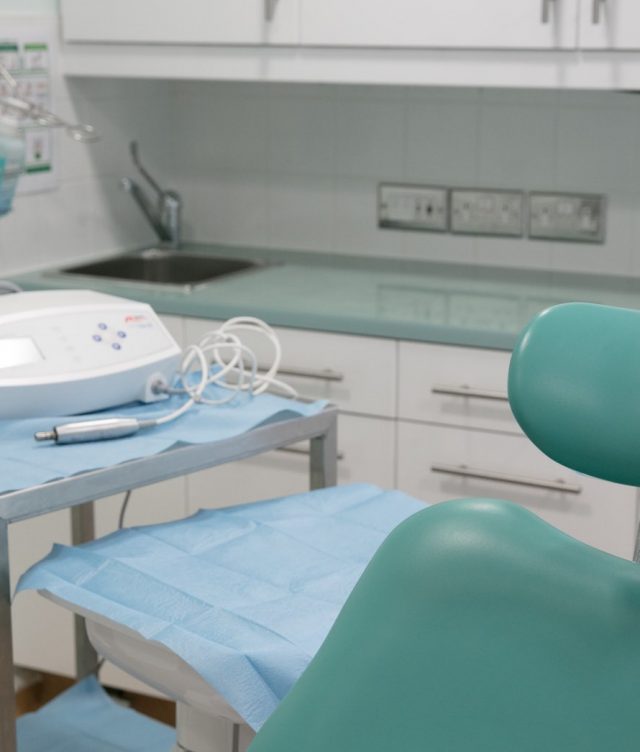Extraction of Wisdom Teeth
Wisdom teeth or third molar teeth are the last teeth to erupt in to the mouth. There are normally four wisdom teeth, one at the back of each of the four corners of the mouth, behind the last adult tooth. Some people can develop less than four wisdom teeth and occasionally others can develop more than four. These would normally erupt between the ages of 8-24.
There needs to be enough space for the wisdom teeth to erupt or get in to the mouth. A wisdom tooth can fail to erupt properly in. to mouthing become stuck, either under the gum or as it pushes through the gum – this is referred to as an impacted wisdom tooth. Sometimes the wisdom tooth will not become impacted and and will erupt and function normally, if there is enough space in the mouth. Both impacted and non-impacted wisdom teeth can cause problems for people, such as pain and swelling, however other wisdom teeth may have no symptoms all but will still cause problems in the mouth. People often develop problems soon after their wisdom teeth erupt bu others may not cause problems until later on in life.
Wisdom teeth are a the back of the mouth and can be difficult to clean. This can lead to a number of problems the most common of which are:
Infection of the gum around the wisdom tooth (pericoronitis). This occurs in 50-60% of patients that we see and is the most common reason why wisdom teeth are removed. This type of infection can be severe and cause pain and swelling, however sometimes symptoms are mild.
Tooth decay (dental caries) can occur in the wisdom tooth or the tooth in front. We see this in 25-30% of patients. This may not cause immediate problems un til the tooth decay affects the nerve of the tooth, then an abscess can form. Toothache will be a feature of this.
Wisdom teeth can be affected by gum disease (periodontal disease) or contribute to gum disease on the tooth in front (5-10% off patients we see). Patients may not get any symptoms but it can still cause problems.
Cyst formation around the wisdom tooth. All teeth form within a sac called a follicle and occasionally this can expand like a balloon. This is called a cyst and over time it can become larger and cause problems. We see this in less than 1% of patients.
These are the most common reason why wisdom teeth may bereaved. There are other reasons and your surgeon will discuss these with you if required.
